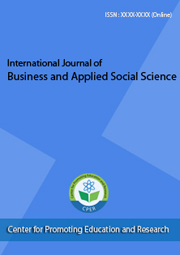Journal Menu
current
VOLUME; 7, ISSUE; 7, July 2021
Table of Contents
Articles
Author(s): Stephen Errol Blythe*
Full Text
2274 2029
2274 2029






